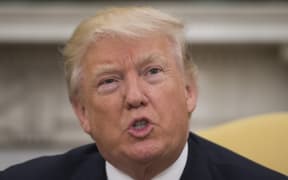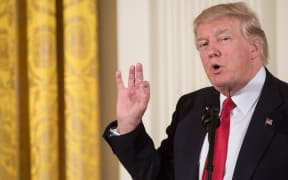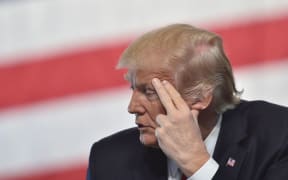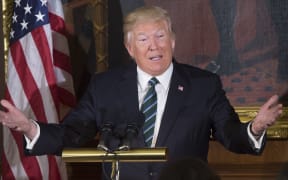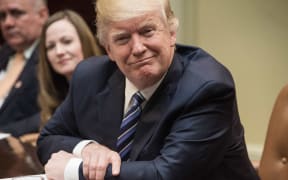The White House has asked the US Supreme Court to reinstate a travel ban targeting six Muslim-majority nations.
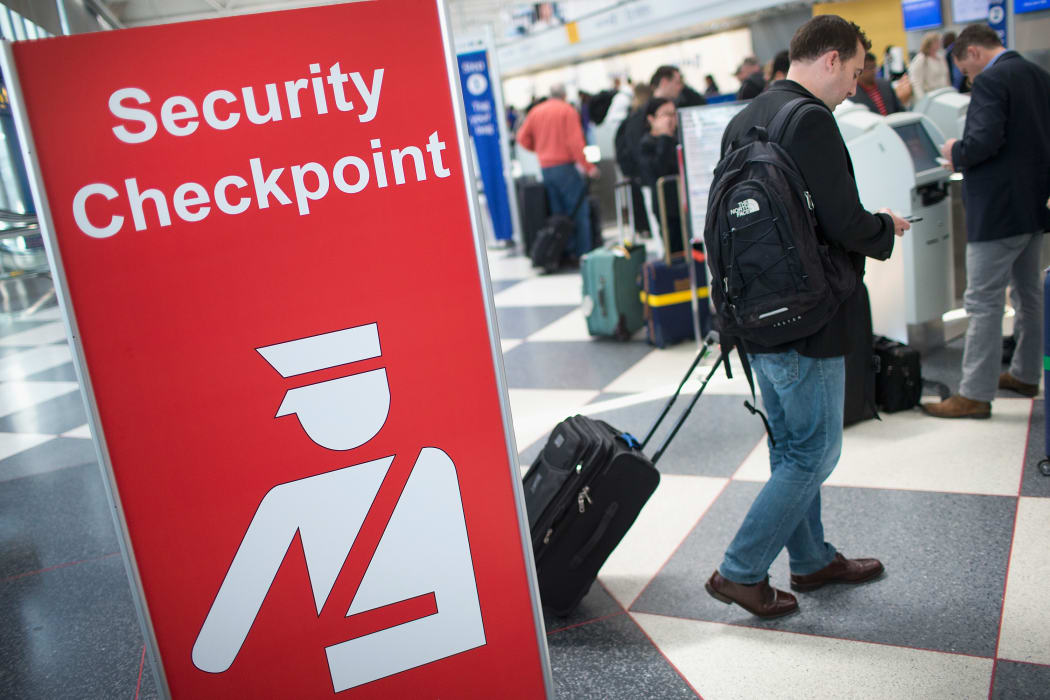
Photo: AFP
The ban has been blocked by lower courts which have said that it is discriminatory.
Two emergency applications have now been filed by the government with the court's nine justices that seek to overturn those lower court rulings.
The controversial ban prompted protests and debate across the US.
"We have asked the Supreme Court to hear this important case and are confident that President Trump's executive order is well within his lawful authority to keep the nation safe and protect our communities from terrorism," Justice Department spokeswoman Sarah Isgur Flores said.
"The president is not required to admit people from countries that sponsor or shelter terrorism, until he determines that they can be properly vetted and do not pose a security risk to the United States."
The president's 6 March order would have barred entry for people from Iran, Libya, Somalia, Sudan, Syria and Yemen for 90 days while the US government implemented stricter visa screening.
The latest development comes after the Richmond, Virginia-based 4th US Circuit Court of Appeals on 25 May upheld a Maryland judge's ruling blocking the order.
The administration also filed a separate appeal in that case.
At least five votes are needed on the nine-justice Supreme Court in order to grant a stay. The court has a 5-4 conservative majority, with Justice Anthony Kennedy - a conservative who sometimes sides with the court's four liberals - the frequent swing vote.
Another of the court's conservatives, Neil Gorsuch, was appointed by Mr Trump this year.
If the government's request is granted, the ban would go into effect.
In its 10-3 ruling, the US 4th Circuit Court of Appeals said challengers of the ban, including refugee groups and others represented by the American Civil Liberties Union, were likely to succeed on their claim that the order violated the US Constitution's bar against favoring or disfavoring a particular religion.
The March ban was Mr Trump's second effort to implement travel restrictions on people from several Muslim-majority countries through an executive order. The first, issued on 27 January, led to chaos and protests at airports and in major US cities before it was blocked by courts.
The second order was intended to overcome the legal issues posed by the original ban, but it was blocked by judges before it could go into effect on 16 March.
- BBC / Reuters
